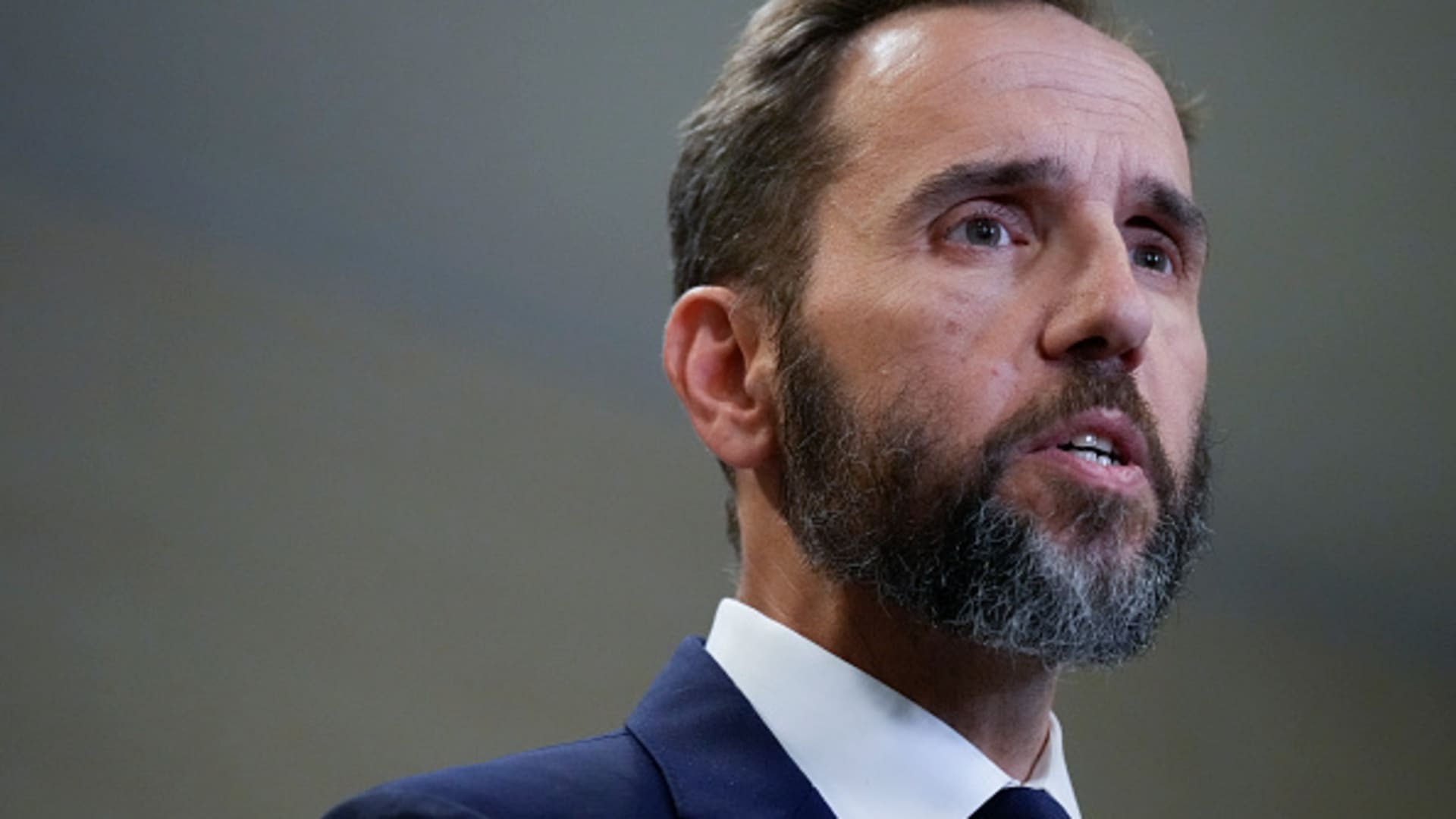Special Counsel Jack Smith has called upon Judge Aileen Cannon, who presides over the case against former President Donald Trump in Florida, to clarify instructions given to prosecution and defense teams.
This request for clarification stems from a concern over the potential need for an appeal to a higher court. The focal point of contention is the handling of presidential records, specifically about charges under the Espionage Act faced by Trump.
Judge Cannon, nominated by Trump, had previously asked both parties to propose jury instructions under two hypothetical scenarios: one in which former presidents could retain personal records under the Presidential Records Act (PRA) and another allowing presidents to designate records as personal.
Special counsel Jack Smith and Donald Trump (Credits: CBS News)
However, Smith and his team argue that these scenarios are based on an incorrect legal assumption, mainly because Trump’s charges revolve around the Espionage Act, rendering the PRA’s distinctions between personal and presidential records irrelevant.
The special prosecutor’s team is urging Judge Cannon to confirm whether the legal premise suggested by these scenarios is a correct interpretation of the law.
If Judge Cannon affirms this premise, the government plans to seek intervention from a higher court, citing a precedent where an incorrect jury instruction was seen as justification for issuing a writ of mandamus, a rare legal maneuver.
Trump faces charges for allegedly retaining classified documents after his presidency. His legal team argues that under the PRA, he had the authority to declare classified records as personal and keep them. His legal team insists that the court should not question any categorization of documents as personal or presidential by Trump, the special counsel, or a jury.
Special counsel Jack Smith (Credits: Politico)
Proposed jury instructions from Trump’s team suggest that for the government to prove unauthorized possession, it must demonstrate beyond a reasonable doubt that the documents in question are “presidential records” rather than “personal records.”
The special counsel’s proposed instructions aim to explain to jurors that unauthorized possession of classified records is defined by the lack of security clearance or need-to-know basis, with an exception for documents classified as “personal records” under the PRA.
Despite presenting these proposed instructions in compliance with Judge Cannon’s order, the special counsel maintains that the Presidential Records Act should not be a factor in the trial. This stance highlights the legal complexities surrounding the case and the significance of the upcoming court decisions in shaping the trial’s direction.
